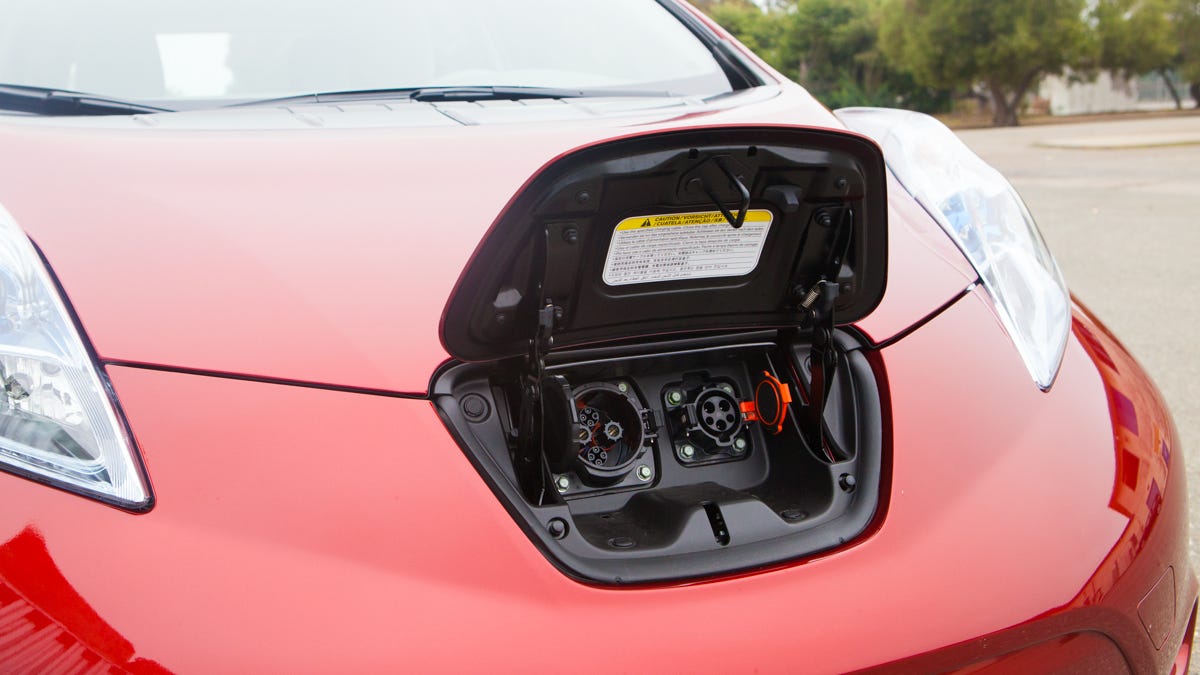Do tax rebates drive electric vehicle sales?
After Georgia removed its EV tax credit and instituted a fee to replace lost gas taxes, the state saw a marked decline in EV sales.

With a large amount of tax credits available, some buyers were able to lease brand-new electric cars for around $100 per month.
Pulling the plug on tax credits for electric cars may result in a stall in sales.
Since Georgia passed a law earlier this year that removed the state's $5,000 (£3,242, AU$6,950) tax credit applied to zero-emissions vehicles, including battery-electric vehicles, the state's electric vehicle sales plummeted. Sales dropped from 1,338 in June to just 149 in July, when the new law went into effect, according to data cited by PolitiFact the Atlanta Journal-Constitution.
When combined with the federal tax credit of up to $7,500, the $5,000 coming from the state made electric vehicles more economically appealing as electric vehicles are typically more expensive than their gasoline-powered brethren. The new law also imposed a $200 registration fee to the same cars.
While sales did drop off after the law went into effect, the IHS Automotive data supplied to the publications last week by the Clean Cities-Georgia Coalition found that electric-vehicle sales spike before the law went into effect, likely due to eager buyers rushing to dealerships to take advantage of the credit before it expired.
The growing popularity of electric vehicles is partly responsible for the new law. Between 2012 and 2014, Georgia's EV population rose 802 percent, from 1,743 vehicles to 15,729. As more and more Georgians opted to drive past gas stations forever, the state saw less and less money entering its coffers from gas taxes. That money, which typically goes to infrastructure repair, meant the state was unable to afford the roadwork it wanted done, hence the $200 registration fee.
However, states can't rely on gasoline taxes forever. Oil is not an endless commodity, and ever-tightening fuel-economy regulations have sent automakers searching for new methods of propulsion. Two of those new methods, battery-electric and hydrogen fuel-cell vehicles, require their own, separate infrastructure for large-scale operation

